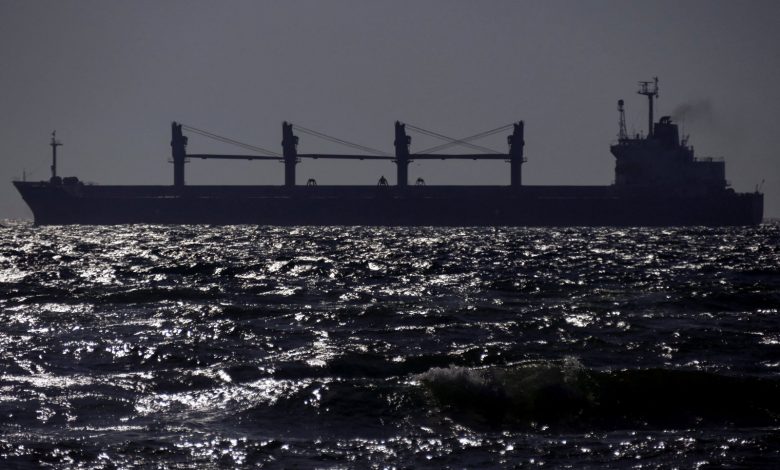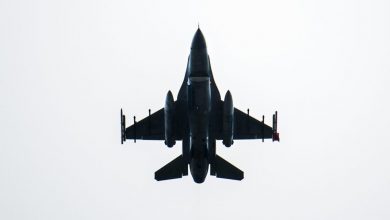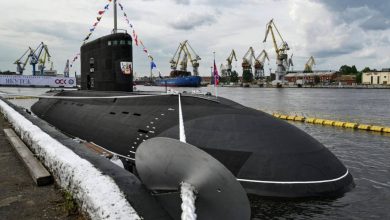UN praises Türkiye-brokered grain deal’s effect on food prices

AU.N. chief who was part of the grain deal mediated by Türkiye to export Ukrainian grain hailed the agreement for bringing down food prices across the world.
But U.N. trade agency boss Rebeca Grynspan stressed it was now necessary to bring down the price of fertilizers — of which Russia is a major producer — in order to avoid a food crisis.
Two agreements were signed in Istanbul under the United Nations on July 22 to allow the export of Ukrainian cereals blocked by Russia’s war in the country, and the export of Russian food and fertilizers, despite Western sanctions imposed on Moscow.
The Black Sea Grain Initiative agreement signed in Istanbul is valid for 120 days, or four months, said Grynspan, the head of UNCTAD, the U.N. Conference on Trade and Development.
“The U.N. hopes that it will be renewed because it has been really a success and an important addition to tackle the food insecurity crisis in the world,” she told reporters in Geneva.
“We have surpassed now the mark of five million metric tonnes of grain coming out of the Ukrainian ports. This has no doubt had an effect on the grain markets.”
UNCTAD said the initiative had a significant impact on the fall in global food prices.
The food price index produced by the UN’s Food and Agriculture Organization showed a decline for the fifth consecutive month in August, bringing prices to their lowest level in seven months.
“We are more or less at pre-war levels of prices,” said Grynspan, underlining that prices were already high before Russia’s invasion of its neighbor in February.
‘Crisis of availability’ fears
Grynspan said she wanted to push for more price decreases and said that if the markets could stabilize, “we think that prices can come down even further.”
The former vice president of Costa Rica however pointed to sky-high fertilizer prices as another major obstacle to normalizing the food market.
The prices of synthetic fertilizers — based on nitrogen, phosphorus or potash — have tripled over the past year and a half following supply disruptions from Russia which was the world’s largest exporter and the soaring price of gas which is essential in the manufacturing process.
Russia, a world grain power, complains that it cannot sell its products and its fertilizers due to Western sanctions affecting the financial and logistics sectors in particular.
“To avert a future crisis, we need to bring fertilizer prices down,” said Grynspan, otherwise “the crisis of affordability that we have today will be a crisis of availability tomorrow”.
A meeting of fertilizer producers will be organized in Paris ahead of the G20 summit in Indonesia in November, in order to intensify production.





